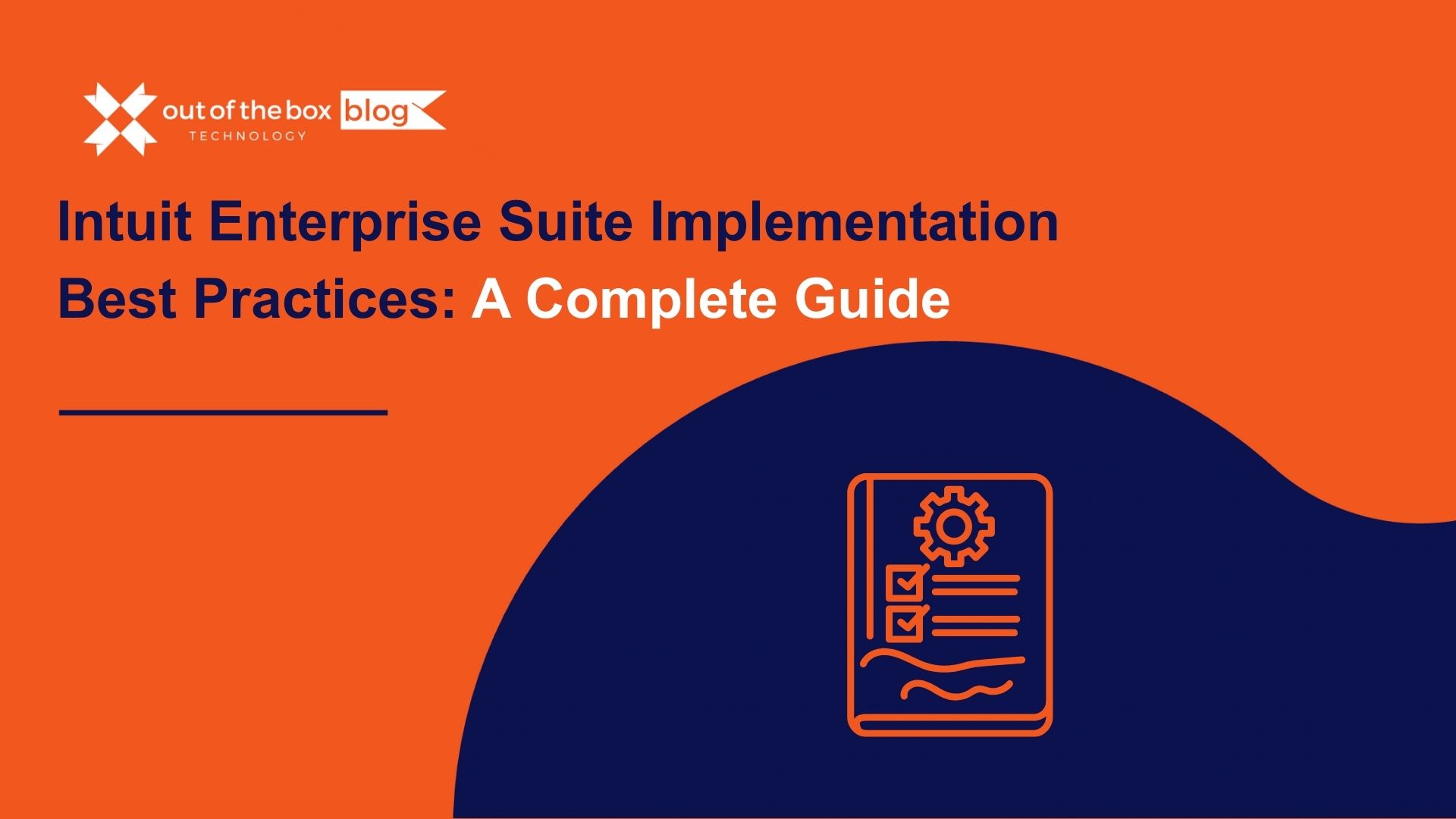Construction companies operate in a dynamic and demanding industry, where effective financial management can make or break their success. Bookkeeping plays a pivotal role in ensuring that construction businesses remain financially efficient, organized, and profitable. In this comprehensive blog post, we will explore five powerful strategies that construction companies can implement to maximize efficiency with their bookkeeping practices. By adopting these methods, construction businesses can optimize their financial processes, gain better insights, and pave the way for long-term growth and prosperity.
1. Automate Repetitive Bookkeeping Tasks
Construction companies often face a substantial volume of financial transactions, such as invoicing, payment processing, and expense tracking. Automating these repetitive bookkeeping tasks can significantly enhance efficiency and accuracy. Modern accounting software offers automation capabilities, allowing businesses to schedule recurring invoices, automate payment reminders, and reconcile bank transactions with ease.
By automating these tasks, construction companies can free up valuable time, reduce the risk of human errors, and ensure financial data is up-to-date and accurate. This empowers businesses to focus on strategic planning and essential construction activities rather than getting bogged down by manual bookkeeping.
2. Categorize Expenses by Projects and Cost Centers
Properly categorizing expenses is crucial for construction companies, as they often work on multiple projects simultaneously. Organizing expenses by projects and cost centers allows businesses to gain granular insights into each projecs financial health. By tracking expenses accurately, construction companies can identify profitable projects, optimize resource allocation, and make data-driven decisions for future bids.
This practice also helps businesses allocate costs correctly and ensures that each projecs financial performance is accurately represented. Whether is labor costs, equipment rentals, or material purchases, meticulous categorization enables businesses to stay on top of their project-related finances efficiently.
3. Regularly Monitor Cash Flow
Effective cash flow management is a cornerstone of financial success for construction companies. Monitoring cash flow regularly is vital to ensure that there are sufficient funds to cover ongoing expenses, pay subcontractors and suppliers on time, and maintain working capital.
Construction businesses can use cash flow forecasting tools in their accounting software to project future cash inflows and outflows based on historical data and project timelines. This empowers businesses to anticipate cash flow gaps and take proactive measures to ensure a smooth and steady cash flow.
4. Collaborate with Professional Bookkeepers
While construction companies may have in-house staff managing bookkeeping tasks, collaborating with professional bookkeepers can be a game-changer. Professional bookkeepers bring specialized expertise in construction accounting and are well-versed in industry-specific regulations and best practices.
By outsourcing bookkeeping tasks to professionals, construction companies can access accurate and up-to-date financial records, benefit from expert financial insights, and stay compliant with tax laws and reporting requirements. This collaborative approach ensures that bookkeeping tasks are handled efficiently, leaving businesses more time to focus on core construction activities and business growth.
5. Embrace Cloud-Based Accounting Software
In today’s digital era, cloud-based accounting software has revolutionized the way businesses manage their finances. For construction companies, relying on cloud-based accounting solutions offers a myriad of advantages. The ability to access financial data from anywhere, at any time, streamlines workflows and facilitates real-time decision-making, even from job sites or remote locations.
Cloud-based accounting software also facilitates seamless collaboration among team members, accountants, and stakeholders, ensuring everyone is on the same page when it comes to financial data. Moreover, integrating cloud-based accounting with other construction management tools, such as project management software, can further streamline operations and reduce duplicate data entry.
Conclusion
Efficient bookkeeping practices are vital for construction companies aiming to stay competitive and achieve long-term financial success. By embracing cloud-based accounting software, automating repetitive tasks, categorizing expenses effectively, monitoring cash flow regularly, and collaborating with professional bookkeepers, construction companies can streamline their financial management and gain a competitive edge.
In the fast-paced construction industry, maximizing efficiency with bookkeeping empowers businesses to make informed decisions, optimize profitability, and pave the way for sustainable growth. As technology continues to evolve, construction companies that harness the power of modern bookkeeping strategies will undoubtedly position themselves as leaders in their field, thriving amidst the challenges and opportunities of the construction landscape.
Build a better bookkeeping system for your business today by connecting with us now.




